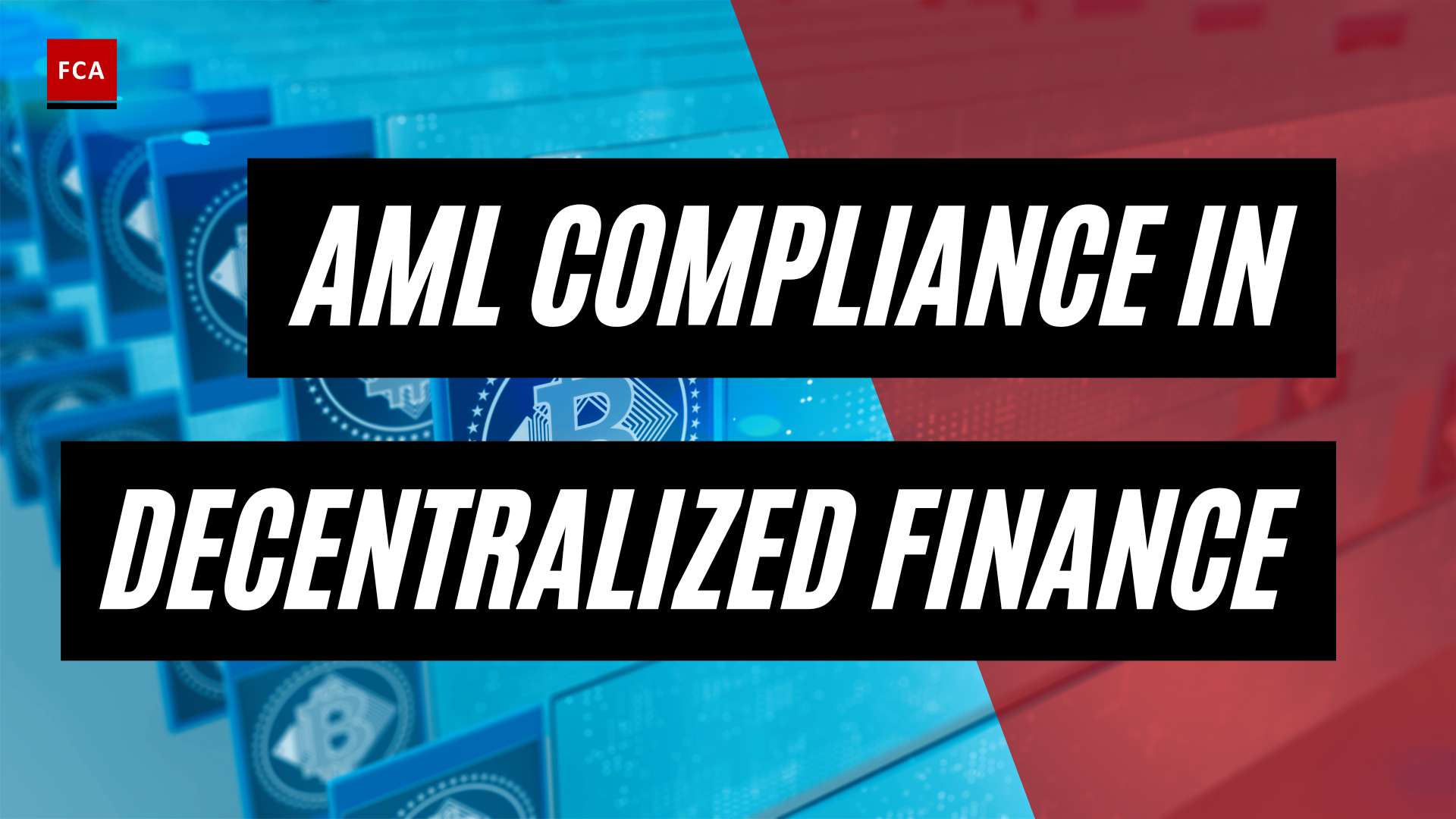Overview of different types of financial crime. There are different types of financial crimes that occur within or outside an organization which cause reputational, financial, and operational losses to the organization. Financial crime ranges from basic theft or fraud committed by single individuals to large-scale, global schemes masterminded by organized criminal syndicates.

Different Types of Financial Crime
Financial crime is commonly considered as covering the following offenses:
- Fraud
- Money laundering
- Terrorist financing
- Bribery and corruption
- Insider trading
- Cybercrime
Prevention of financial crime is a law enforcement priority in jurisdictions worldwide. The following are the most significant types of financial crimes:
Fraud
Fraud usually includes theft, corruption, embezzlement, money laundering, bribery, insider trading, and extortion. All fraud activities are illegal, and person or persons involved in these activities are categorized as criminals. In other words, using deception to dishonestly make a personal gain for oneself and/or create a loss for another is fraud.
Fraud is usually an intentional act or series of acts perpetrated by human beings using trickery and cunning using two types of misrepresentations which are a suggestion of falsehood or suppression of truth. It is primarily the responsibility of management to establish systems and controls, to prevent or detect fraud, errors, and weaknesses of internal controls.
Money Laundering
When criminals derive funds from illegal activities, money must be disguised before it can be introduced into the legitimate financial system. Money laundering is the illegal process of disguising the profits of financial crime, typically by using the services of banks and businesses. Criminals transfer their illicit funds from one place to another through a country’s financial system, such as banking channels. The transfer of illegal money may support other criminals in various jurisdictions or countries.
Terrorism Financing
The financing of terrorism involves the provision of funds to individuals and groups to commit terrorist acts. Terrorism financing resembles money laundering because it often requires criminals to conceal the transfer of funds within the legitimate financial system.
Bribery and Corruption
Bribery means offering, promising, giving, accepting, or soliciting an advantage as an inducement for an action that is illegal, unethical, or a breach of trust.
The inducement or bribe may take the form of anything of value to the person receiving it, including:
- Cash and cash equivalents, such as gift cards;
- Gifts, meals, entertainment, travel;
- Fees, including those claimed to be consulting or success fees;
- Commissions, kickbacks, discounts, or credits;
- Rebates;
- Contractual rights or interests;
- Business, employment, or investment opportunities; and
- Loans, payment of expenses, or donations.
Corruption means the abuse of entrusted power for private gain. Public officials who abuse public office authority may commit corruption for personal gain, which interferes with democracy and the rule of law. Corruption also may be committed by private individuals who abuse their positions for personal gain, which can hinder fair market operations and distort competition.
Insider Trading
Insider trading is the buying or selling of a publicly traded company’s stock by someone who has non-public information about that stock. Material non-public information is any information that could substantially impact an investor’s decision to buy or sell the security that has not been made available to the public. Insider trading is illegal and leads to penalties, including fines.
Cyber Crime
Cybercrime is a crime that involves a computer and a network. The computer is used in the commission of a crime, or it may be the target. Cybercrime may harm someone’s security and financial health.
Cybercrime has many concerns when confidential information is intercepted or disclosed, lawfully or otherwise. Internationally, both governmental and non-state actors engage in cybercrimes.
Final Thoughts
Financial crime is commonly thought to include fraud, money laundering, terrorist financing, bribery and corruption, insider trading, and cybercrime as offenses. Governments all over the world have become increasingly concerned about financial crime. This concern stems from a number of issues, as the impact of financial crime varies depending on the context. It is now widely acknowledged that the prevalence of economically motivated crime in many societies poses a significant threat to the development and stability of economies.









